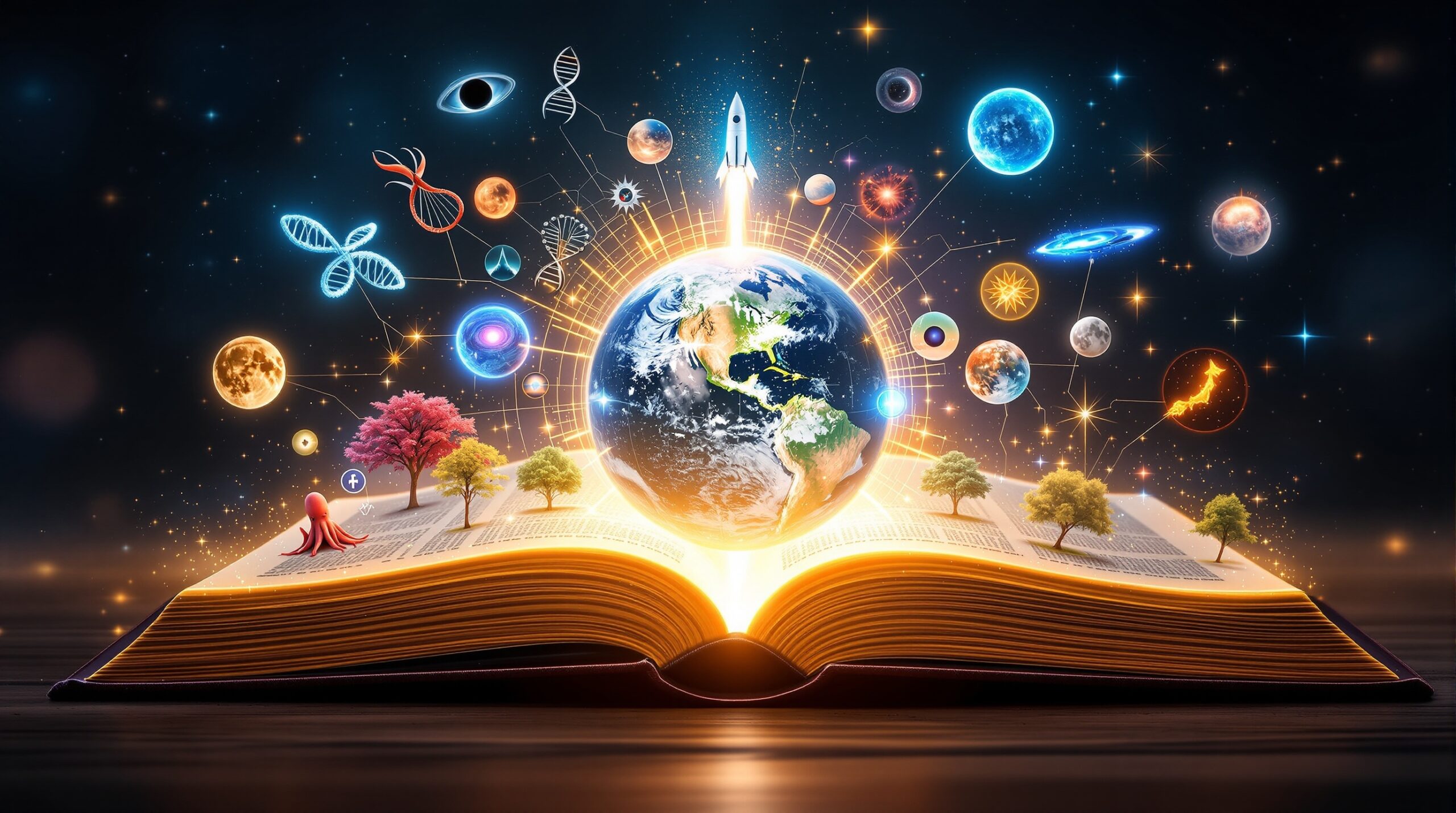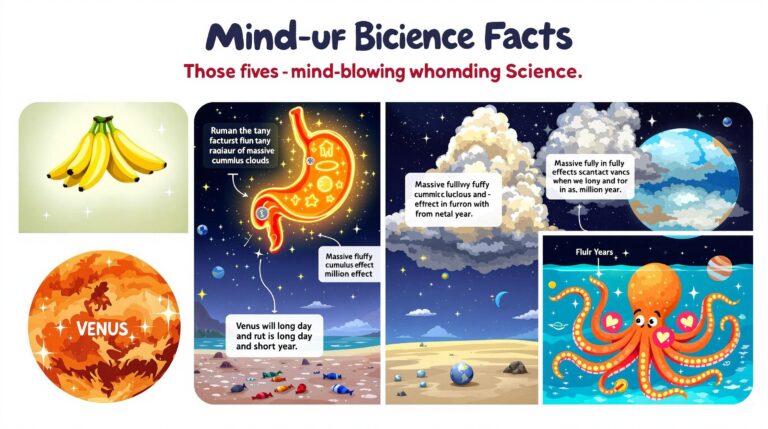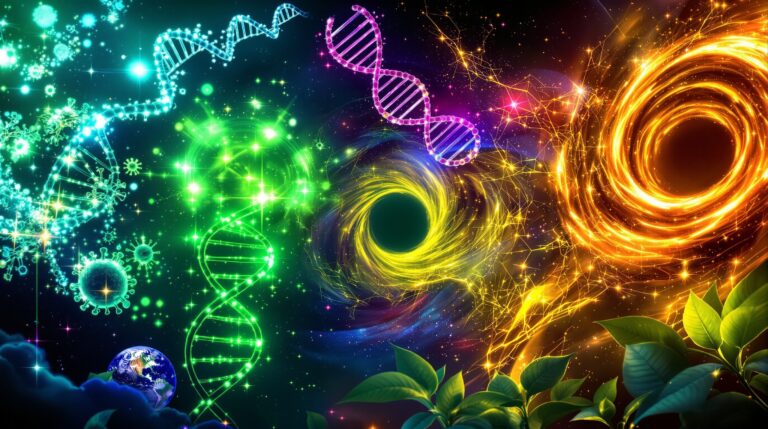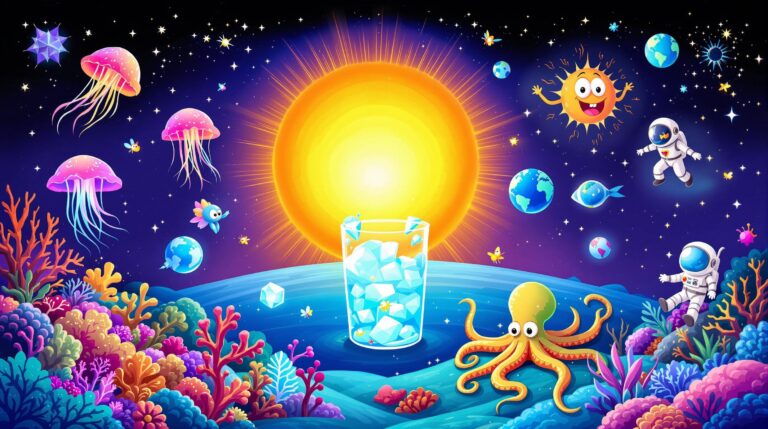Amazing Science Facts That Will Blow Your Mind
Amazing Science Facts That Will Blow Your Mind
Introduction
Science unravels the mysteries of the universe, captivating minds across India, America, Russia, China, Japan, and beyond. Whether you’re a DRDO scientist, a student, or a curious reader, these 15 amazing science facts will spark wonder and inspire awe. From mind-bending quantum phenomena to astonishing cosmic discoveries, this listicle dives into trivia that showcases the brilliance of scientific exploration. Let’s explore these fascinating facts that highlight the cutting-edge advancements and timeless wonders of science!
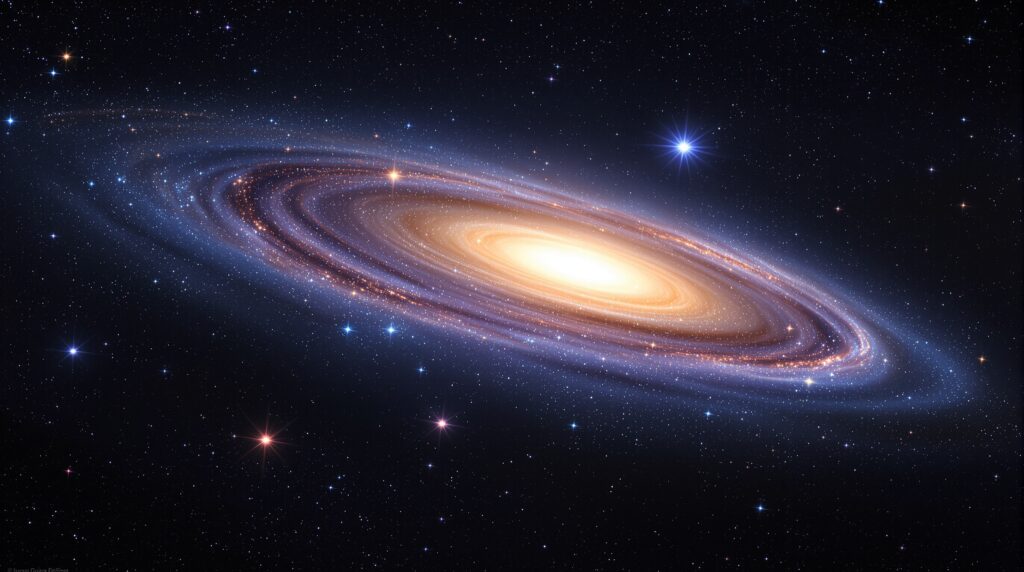
1. The Universe Is Expanding Faster Than Expected
Astronomers discovered that the universe expands at a rate of about 73 kilometers per second per megaparsec, faster than previously predicted. This finding, confirmed by NASA’s Hubble Space Telescope, challenges existing models of cosmic evolution. The discovery intrigues scientists in India and Russia, where space research thrives at ISRO and Roscosmos.
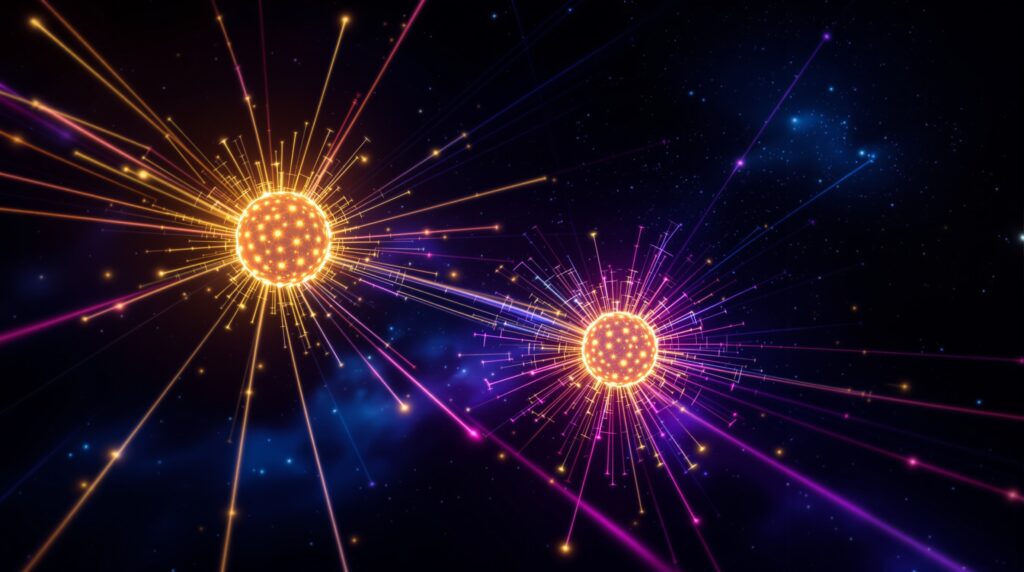
2. Quantum Entanglement Defies Reality
Quantum entanglement allows particles to instantly affect each other, regardless of distance. This phenomenon, dubbed “spooky action at a distance” by Einstein, underpins quantum computing advancements in China and Japan. It’s a cornerstone for secure communication systems, fascinating DRDO researchers.
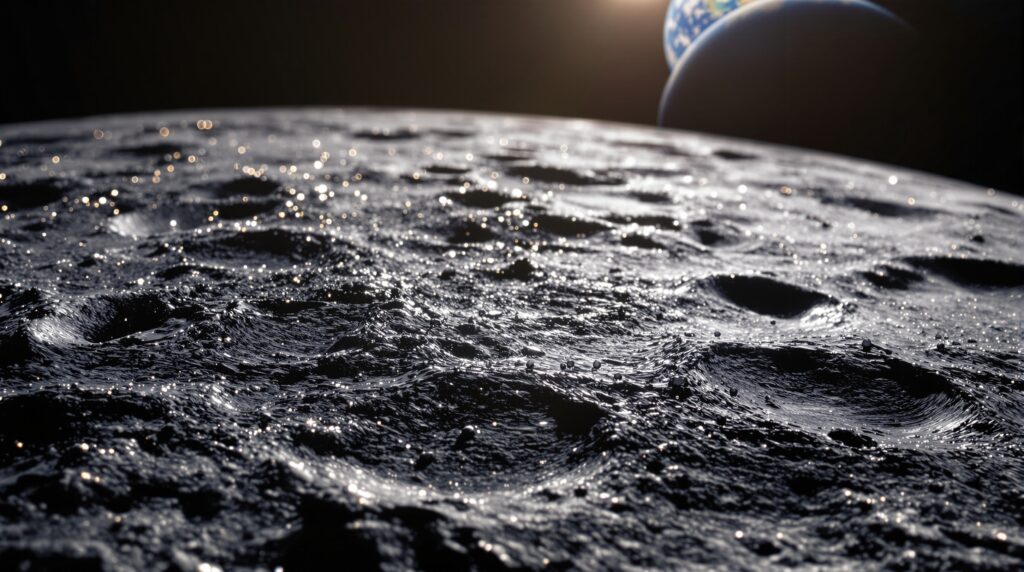
3. Water Exists on the Moon’s Surface
In 2020, NASA confirmed water molecules in the Moon’s sunlit regions, a breakthrough for future lunar missions. This discovery excites India’s ISRO, which plans Chandrayaan missions, and America’s Artemis program, aiming for sustainable lunar exploration.
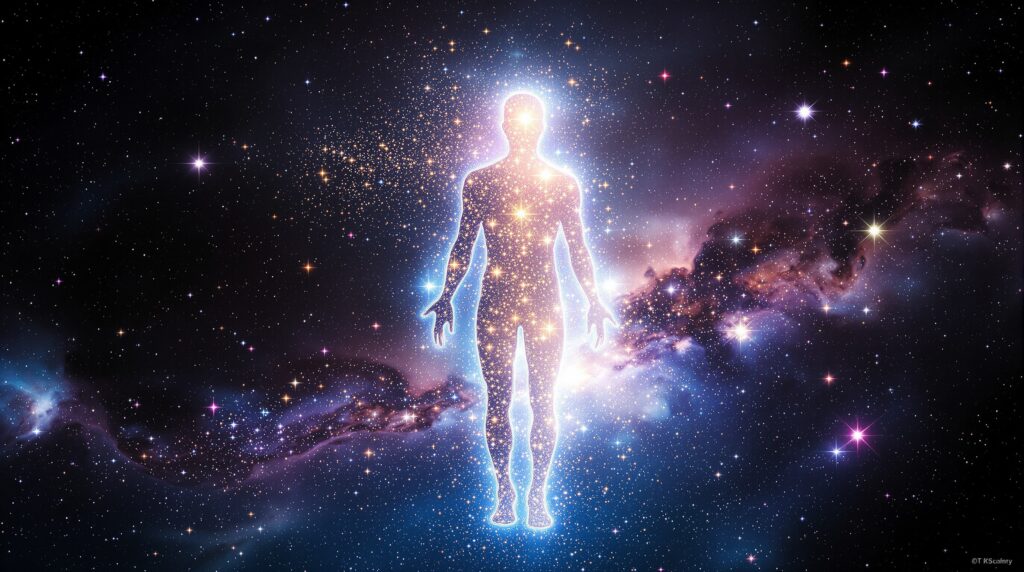
4. Your Body Contains Stardust
About 40% of your body’s atoms originated in ancient stars. Elements like carbon and oxygen formed in stellar explosions, connecting humans to the cosmos. This fact resonates with science enthusiasts in India and Japan, where cosmology sparks cultural curiosity.
5. Time Travel Is Theoretically Possible
Einstein’s theory of relativity suggests time travel could occur near massive objects like black holes, where time slows. While practical time travel remains elusive, this concept fuels research at institutions like Russia’s Keldysh Institute and America’s MIT.
6. Bacteria Survive in Space
Microbes can survive the vacuum of space, as proven by experiments on the International Space Station. This finding, relevant to astrobiology, excites scientists in China and India exploring life beyond Earth.
7. The Human Brain Processes 11 Million Bits Per Second
Your brain processes 11 million bits of information per second, but you’re consciously aware of only about 40. This marvel of neuroscience fascinates researchers in America and Japan, driving AI advancements inspired by the brain.
8. Black Holes Emit Radiation
Stephen Hawking theorized that black holes emit Hawking radiation, causing them to slowly evaporate. This discovery reshapes our understanding of the universe, captivating physicists in Russia and India’s TIFR.
9. Earth’s Core Is As Hot As the Sun’s Surface
The Earth’s core reaches temperatures of about 6,000°C, matching the Sun’s surface. This fact, studied by geologists in China and America, explains Earth’s magnetic field, crucial for protecting life.
10. DNA Can Store Digital Data
Scientists encoded a movie into bacterial DNA, proving DNA’s potential as a storage medium. This innovation, explored in Japan and America, could revolutionize data storage for future generations.
11. The Smell of Rain Is Caused by Bacteria
Actinomycetes bacteria release a scent when wet, creating the distinctive smell of rain. This fact delights science enthusiasts in India, where monsoons hold cultural significance.
12. Neutrinos Pass Through You Constantly
Trillions of neutrinos, nearly massless particles, pass through your body every second. Studied at facilities like India’s Neutrino Observatory, they hold clues to the universe’s origins.
13. Trees Communicate Through Fungi
Trees use mycorrhizal fungi networks, dubbed the “Wood Wide Web,” to share nutrients and signals. This discovery, studied in Japan and America, highlights nature’s interconnectedness.
14. The Speed of Light Isn’t Always Constant
In certain materials, light slows down significantly, a phenomenon exploited in optical technologies. This fact intrigues engineers at DRDO and China’s research institutes.
15. Octopuses Have Three Hearts
Octopuses possess three hearts and can change color to blend into their surroundings. This marine marvel fascinates biologists in Japan and Russia, where ocean research thrives.
Conclusion
These 15 amazing science facts showcase the wonders of the universe, from cosmic mysteries to biological marvels. Whether you’re in India, America, Russia, China, or Japan, or part of DRDO’s cutting-edge research, these facts ignite curiosity and inspire innovation. Stay tuned for more science trivia to fuel your passion for discovery!

